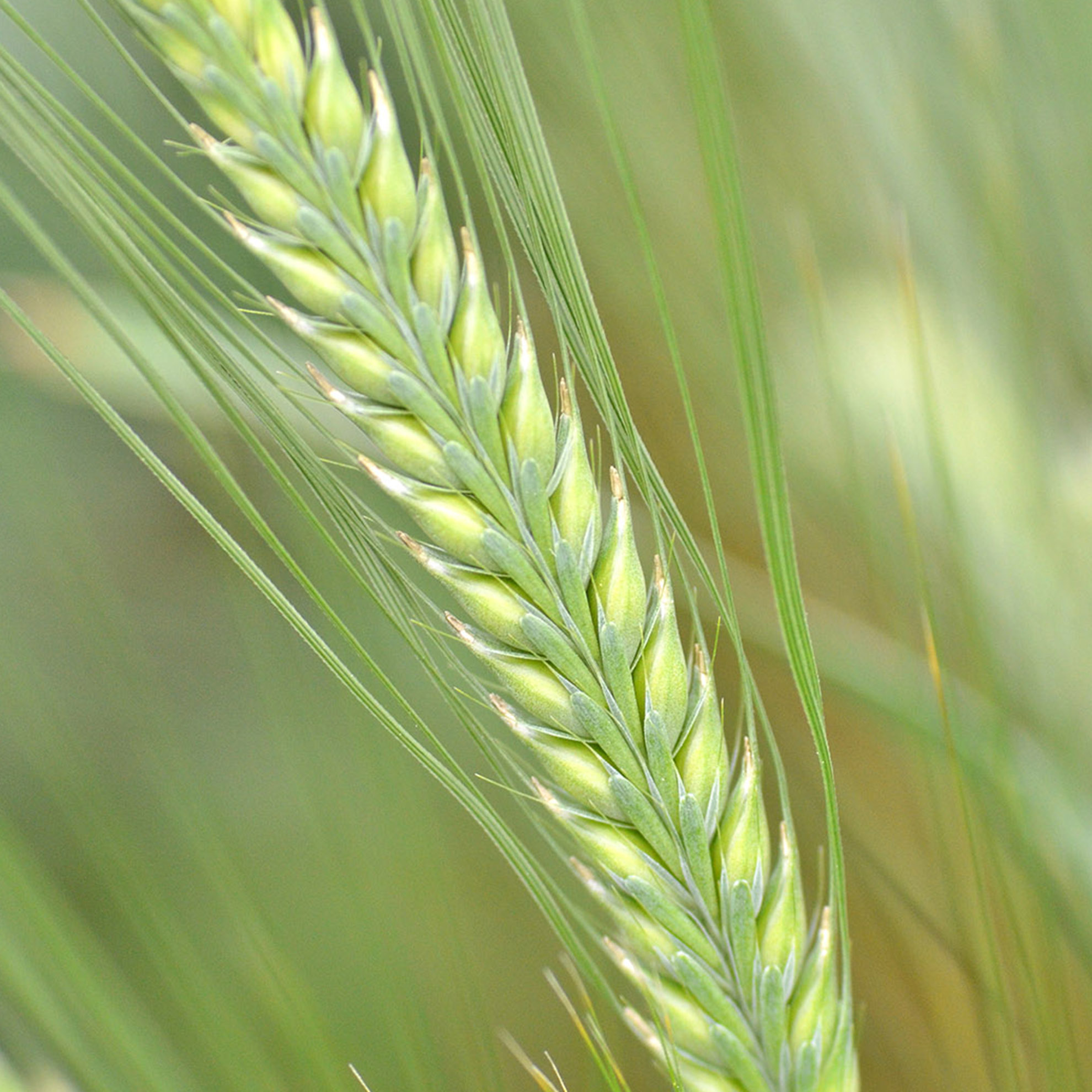
Combining Knowledge from Field and Laboratory for Pre-Breeding in Barley
Project leader:
Ahmed Jahoor, Head of Breeding and Research at Nordic Seed, Denmark
Project partners:
Plant breeding entities: Boreal Plant Breeding, Finland; Graminor, Norway; Nordic Seed, Denmark; Sejet Plant Breeding, Denmark; Lantmännen, Sweden (Phase I)
Academic institutions: LBHI, Iceland; Luke, Finland; SLU, Sweden; UCPH, Denmark (Phase I)
Project Grants:
2012-2020; TDKK 46,000 from PPP and partners
Main Goals:
- To obtain phenotypic and genetic knowledge of current and future important diseases and adaptive traits for the Nordic region and identify novel genetic resources for those traits.
- To provide homozygous MAGIC progenies segregating for one to several diseases and for traits important for adaptation to the Nordic region.
- To provide breeding tools such as genetic markers associated with resistance and agronomic traits.
- To educate PhD Students and Post Docs.
The PPP Barley project ran for three project phases. In the first phase, existing Nordic germplasm was evaluated for resistance and agronomically important traits such as lodging, heading and maturity. The second phase focused on the identification of genetic resources for disease resistance and agronomic traits in 200 diverse genotypes, comprising landraces, breeding lines and cultivars. In addition, crosses were initiated to develop MAGIC populations for introgression of disease resistance and agronomically important traits using both landraces and advanced breeding material as donor lines.
This lengthy task continued in the third phase in parallel with phenotyping of the final progenies for disease resistance (scald, mildew, leaf rust, net blotch-net and spot type, Bipolaris) as well as heading, maturity, lodging and height under Nordic field conditions. The third phase also included high-throughput non-invasive precision phenotyping of fast seedling growth under controlled conditions in collaboration with IPK in Germany. Fast seedling growth is related to better weed competiveness and positively related to higher yield. In total 260 adapted breeding lines were screened for digital biomass, chlorophyll content and quantum yield of photosystem II.
Altogether, the three project phases have been very successful, resulting in the implementation of KASP markers for marker-assisted selection within the Nordic spring barley breeding companies. Moreover, it has resulted in the development of eight MAGIC and two bi-parental populations segregating for disease resistance as well as one MAGIC population segregating for early maturity. Phenotypic information of their progenies together with markers associated with these traits provide a valuable resource for the Nordic breeders when breeding for disease resistant and climate resilient spring barley. Hence, breeders can transfer the valuable disease resistance genes from exotic material into their breeding material via marker assisted backcrossing.
/Therese Bengtsson, PhD, SLU
